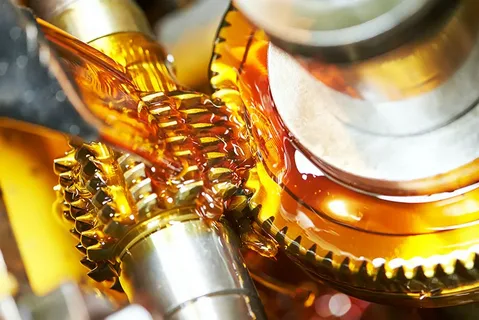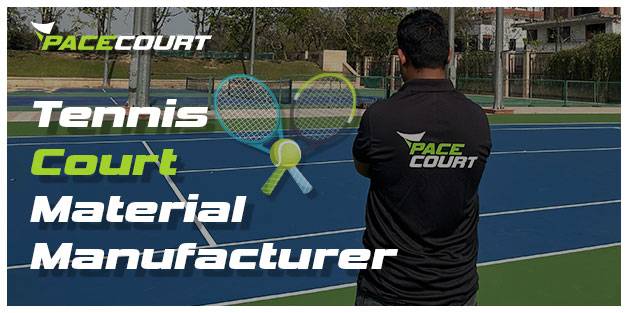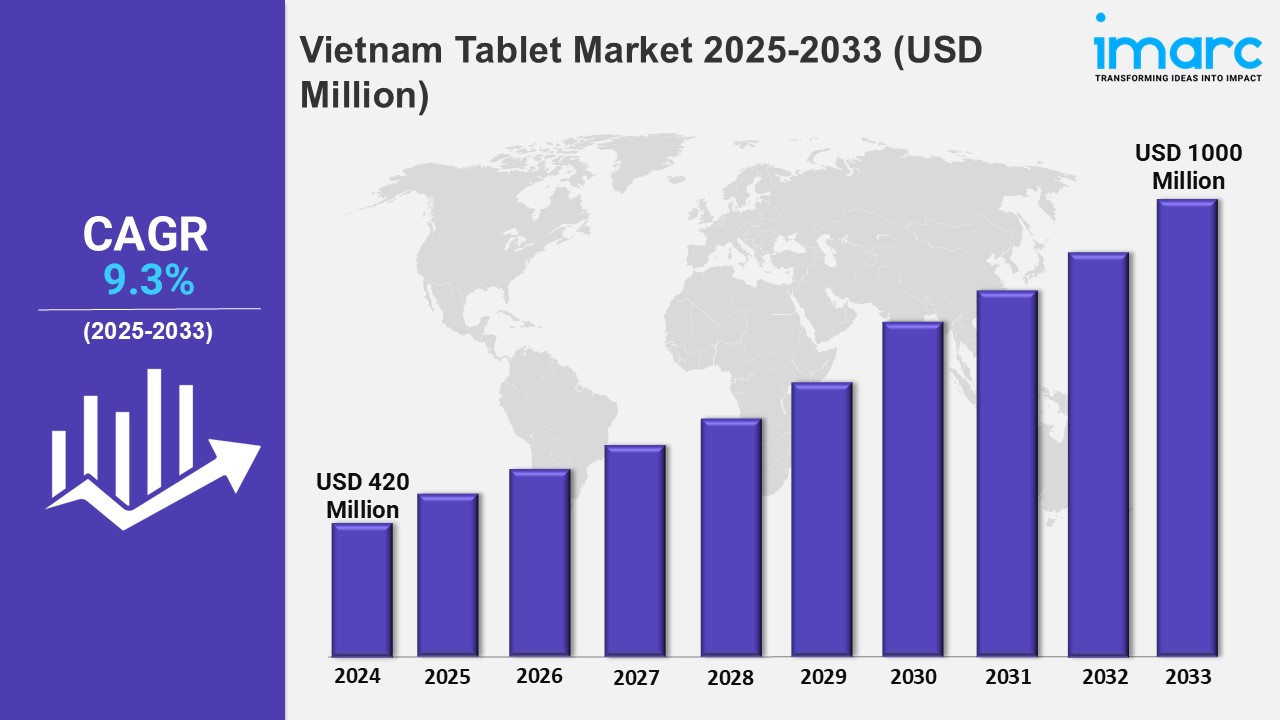Marine lube oil additive manufacturers play a vital role in keeping ships working. The lubricants shield moving parts from wear and tear, aid in lowering friction between them, and prevent rust. Engines and other parts would break down rapidly without proper lubrication, leading to expensive repairs and delays. Still, making oil additives for marine engines is not a simple chore. For any marine oil additives manufacturer in UAE, there are many difficulties ranging from constantly shifting environmental regulations to growing expenses. Still, with all these challenges, they find creative means of improving their products and fixing problems.
Rise of Competition in the Marine Oil Manufacturing Industry
Most businesses turn to innovation as a way to surpass their rivals. For shipowners, they create low maintenance costs and longer-lasting, high-performance lubricants. Others provide additional services, such as oil monitoring programs. This will enable ship operators to determine the status of their oil and engines to assist in avoiding breakdowns before they occur.
It is becoming more difficult as numerous organizations fight for the same clients in a competitive industry. Ship owners and operators are relentlessly pursuing a better deal, so lubricant producers are urged to produce excellent products at a competitive price.
Brand reputation is also vital in this sector. Businesses with a strong production history of dependable and suitable lubricants do well. They invest in marketing and alliances to build their consumers’ confidence.
Meeting Performance Expectations for Consumer Satisfaction
Ship owners want the best protection from marine lube oil additives for their engines. If the lubricant fails, the damages could be severe, and the repairs could become expensive. Consequently, producers of premium goods are under tremendous pressure. Another challenge is making the lubricants work in various conditions.
Ships travel worldwide and encounter humidity, cold, and extreme heat. In all these settings, the lubricant ought to perform perfectly. These problems lead manufacturers to conduct thorough testing. Their laboratories replicate real-life situations to learn how their marine lube oil additives respond under pressure. Some companies test their products on ships before putting them on sale.
Still, marine oil additive manufacturers in the UAE utilize additive technology to ensure quality. Including performance-improving additives in the UAE marine oil additive helps clean the engine, lower wear, and stop corrosion. The producers can make the best-class lubricant with a selection of appropriate additives.
Disruptions in the Marine Lube Oil Additives Supply Chain
The marine lube oil additive market boasts a long supply chain. Finished goods must be delivered to consumers worldwide, and raw materials must first reach manufacturers. Yet, when supply lines are disturbed, enormous issues can arise.
Over the past few years, natural disasters, political strife, and global events, including the COVID-19 epidemic, have seriously disrupted supply chains. Key components are often held up, slowing production and preventing consumers from receiving their marine lubricant additives on time.
Still, the logistic network has difficulties, too. Manufacturers, therefore, continue to work on improving it. Most organizations increase their storage capacity to hold additional stock in their warehouses in case of a delay. Others reduce their reliance on one specific source by working with several vendors.
Stricter Environmental Rules and Regulations
Dealing with ever stricter environmental rules and regulations is the other most crucial challenge marine oil additives in UAE must overcome. Governments and organizations worldwide are fighting to lower ship emissions one after the other. Manufacturers should create environmentally friendly special lubricants that do not harm anything.
For example, classical marine oils that seep into the sea may contaminate aquatic life. This is why marine lube oil additive manufacturers now create biodegradable lubricants. These oils naturally break down and lower the pollution risk. However, making a biodegradable lubricant with decent outcomes is difficult. Like traditional oils, biodegradable lubricants protect the parts of the engine, so advanced research is required.
New rules also control the sulfur level of ship fuel. Low-sulfur fuels can alter engine running qualities, influencing lubricant performance. Thus, manufacturers must reformulate their products to ensure their lubricants are compatible with these new fuels.
Growing Raw Material Costs
The steady increase in raw material prices presents another major challenge for marine lube oil manufacturers. Base oils and additives are used to make marine lubricants. Problems in supply chains, political strife, and natural disasters are driving the ever-rising costs of these materials. Every time this cost grows, producers have only two options: increase their prices or absorb the costs.
Marine oil additive manufacturers in the UAE also address this issue by looking for substitute raw materials rather than depending solely on a small number of vendors, reducing the chances of a shortfall. Some companies even invest in technology recycling to reduce waste and reuse oil.
Switching Marine Engine Designs and Fuel Types
The fuels and engines used in ships and the shipping sector are changing. More companies are turning to greener fuels, including biofuels and LNG. These fuels burn differently from their predecessors, so lubricants must adapt.
Engine designs are also evolving to provide even more efficiency and reduce environmental damage. Although this helps the earth, it challenges lubricant producers. Since most recent engines run hotter and under more pressure than older engines, lubricants have become more critical. This implies that oil producers must create oils that can withstand these hostile environments without breaking down.
Companies invest in research and development to overcome this. They collaborate with engine producers to design lubricants that fulfill the needs of current engines. Some have even accelerated tests and improved their formulas using artificial intelligence.
The Future of Marine Lube Oil Additives Manufacturers
Because of forthcoming changes in industrial needs, marine oil additives manufacturers in UAE have been funding research, innovation, and sustainability. Shipping companies are using better technologies and greener fuels these days. This, in turn, again means that, in due course, this will alter things for lubricant makers, too. This will bring a better edge in the market for those creating high-performance, friendly-to-ecosystem marine lubricant additives.
Thanks to ongoing chemical development and digital technologies, the modern generation of marine lubricants can be more valuable and sustainable than ever. This allows producers to stay ahead of the trends and welcome change to continue supplying the best for marine sectors.




